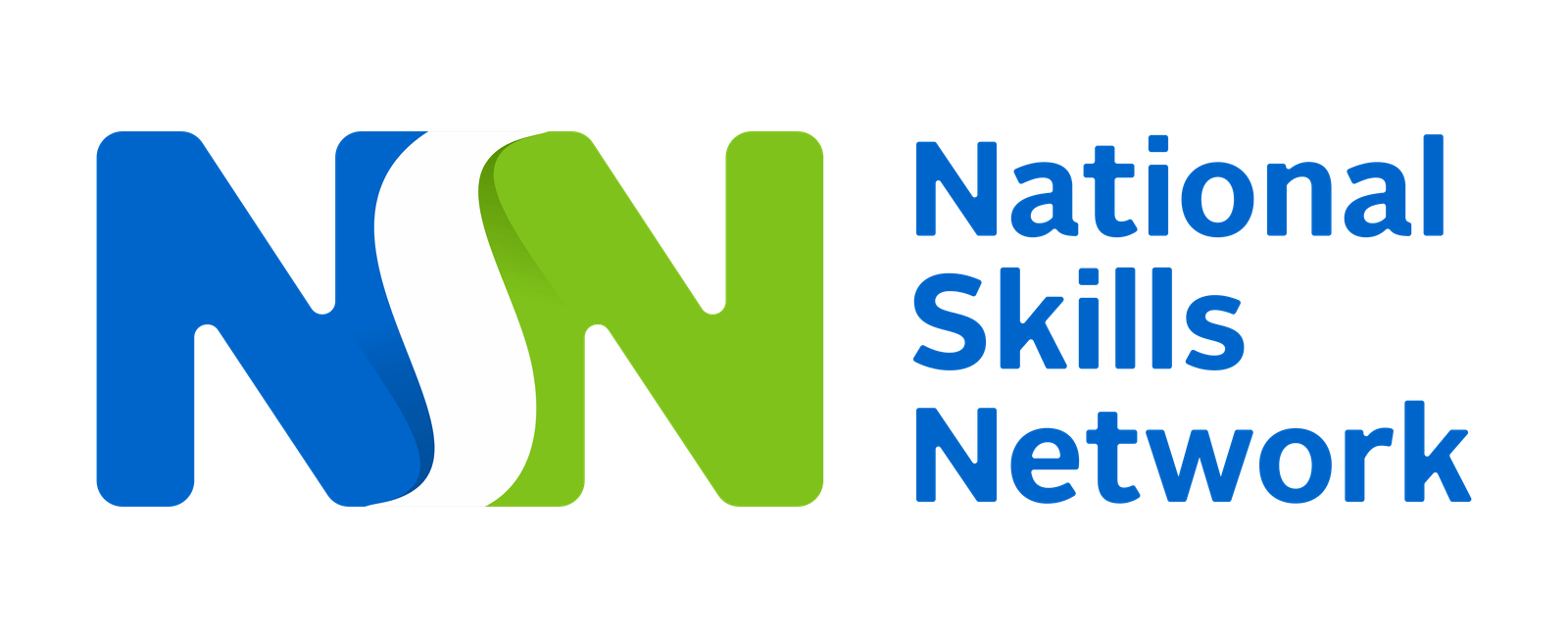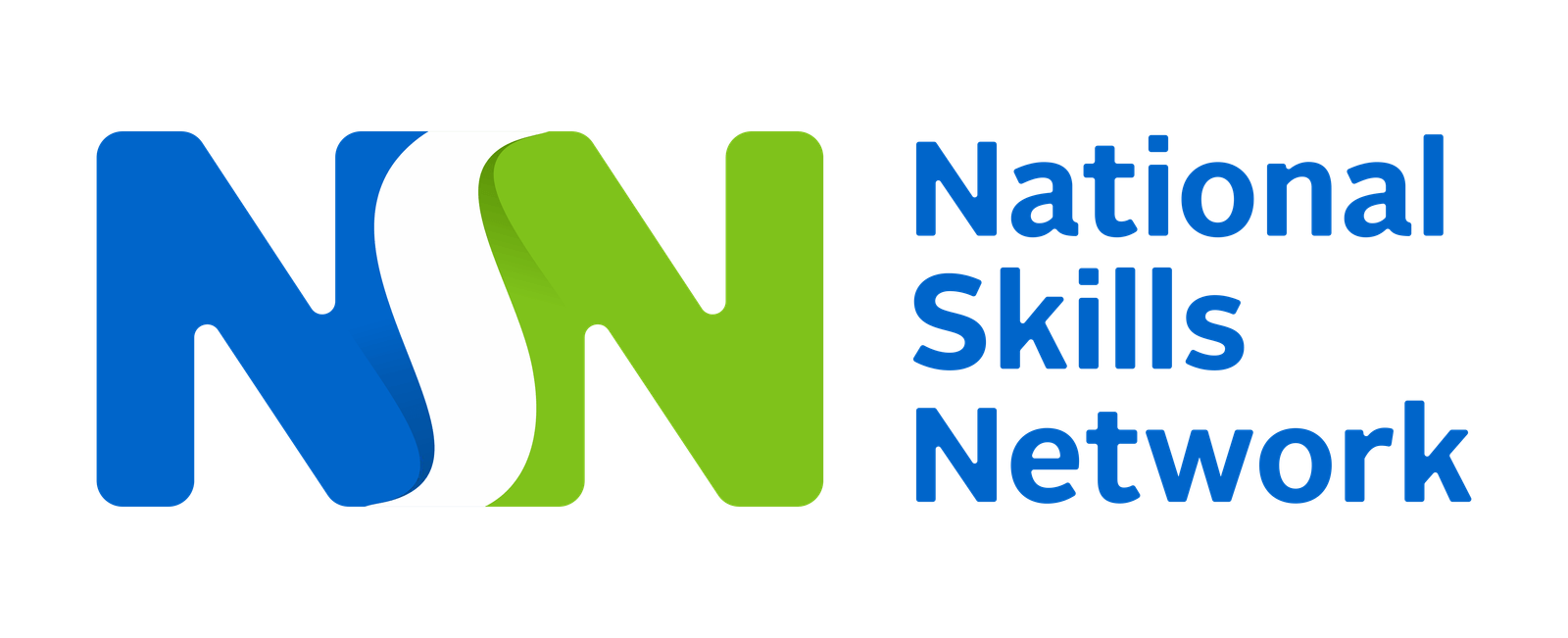In this guest article Ms. Sunita Sanghi, Principal Adviser, Ministry of Skill Development and Entrepreneurship (MSDE) and Deepali Raina, Former Consultant, NCVET, share their views on ensuring quality in skilling, key focus areas, approach of a regulator in the skill ecosystem and some takeaways we can pick up from regulatory structures in other countries.
The answers to a number of what, where, how to teach quality skill development to the potential workforce of the country lies in building effective quality driven processes across skill value chain. Be it in identifying which job roles to be taught, which training entities to be affiliated, what pedagogy to be followed or standardizing the process of qualification approval and certification, a coordinated effort in all these steps is required for effective training and development of the target beneficiaries.
Key areas of concern for ensuring quality in skilling
The key areas of concern to be addressed for quality assurance in vocational education includes fragmented regulation at central and state level; low aspirational value for trainee and industry; information asymmetry and lack of capacities for outcome-oriented skill training etc. Addressing these concerns involves streamlining governance arrangements; quality assurances of qualifications; streamlining assessment methods, processes and capacity building of assessors; engaging with industry etc. There has been a lot of debate on bringing in right quality assurance mechanisms in the skill development ecosystem in India.
One of the major steps that have been taken in this direction is the formation of a well mandated centralized regulator in the skilling space, National Council of Vocational Education and Training (NCVET) to ensure quality through recognition of the functioning of entities engaged in vocational education and training, both long and short-term, and establish minimum standards for the functioning of such entities.
As the earlier existing NSDA and NCVT gets subsumed in the NCVET, a new structure for uniform standards across various aspects of skill value chain emerge. The formulation of guidelines for working of various key players of the skill ecosystem enabling NCVET to control directly or indirectly is an important step in bringing right kind of credible organizations on board and ensuring basic minimum quality across training delivery in the country.

Role of regulator in skill ecosystem
The regulator in skill ecosystem intends to follow a learner centric approach where the system provides the right kind of training to the learner as per her/his choice while addressing the need of the industry. The role of industry is not being visualized just as the end user but as co-creator and participant in entire training delivery process. The regulator may institutionalize the process to engage industries in the form of sectoral expert committees and others. The sector expertise with in the regulator will be crucial in undertaking its core functions like that recognition of Awarding Bodies and Assessment Bodies and approval of Qualifications.
One of the important aspects that governs the approach of regulator is the emphasis on quality assurance rather than quality control. Building processes and systems that encourage self-regulation defines the basic narrative of the regulator.
Risk Rating is a step in this direction, a mechanism that will rate entities on various quality indicators determining how they perform and eventually relate that with the level of risk indicated. The mechanism of risk rating of entities may not only help in optimum utilization of resources but will also help organizations in objectively working towards minimizing risk factors while keeping the learners at the center of their efforts.
It is important to deliberate on how it will be ensured that once an entity has been recognized by the regulator is continuing to meet the quality criteria and improving on the same. For this, a monitoring and enforcement framework is being designed that will collect and maintain data of different entities on regular basis and determine the periodicity of interventions like review/visits to be required. Since self regulation is being encouraged, a system of private warnings may be evolved where in entity with a higher risk will be prompted to take corrective measures within a stipulated time. As the entities will be graded on their performance against the quality criteria, the monitoring and enforcement mechanism may also help in instilling positive competition among the entities. One of the important aspects that is envisaged in the regulatory framework is to ensure that entities take ownership of improving their quality assurance processes, the same may be facilitated through a quality improvement plan to be submitted by the entities.
Clues to take from regulatory structures in other countries
When we compare and take clues from what has worked in regulatory structures in other countries, it is very evident that a strong data management system and focused research initiatives have complimented their regulatory work in recommending the suggestive actions to be taken.
A well-established data management system is perquisite for undertaking any of the monitoring functions, however it will take time for a full-fledged data system to evolve in our system. Following a pragmatic approach without causing sudden disruption, a phase wise data integration system may thus be evolved for ensuring a real time monitoring of various indicators by the regulator.
Regulating the skilling ecosystem is an ambitious task but by following standard processes, engaging right kind of manpower and using technology as an enabler, it is possible to achieve the set-out objective of ensuring quality assured skill development in the country.
Also read – National Training Fund (NTF): A Vehicle for Convergence – https://nationalskillsnetwork.in/national-training-fund-ntf-a-vehicle-for-convergence/
Subscribe to our YouTube channel for more updates:
Subscribe on YouTube












